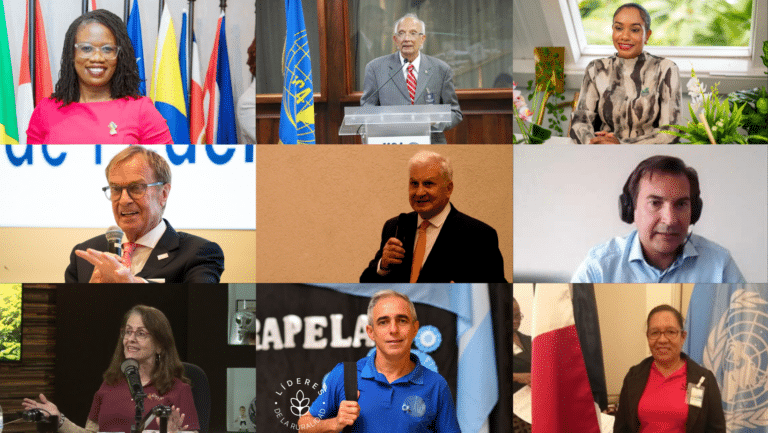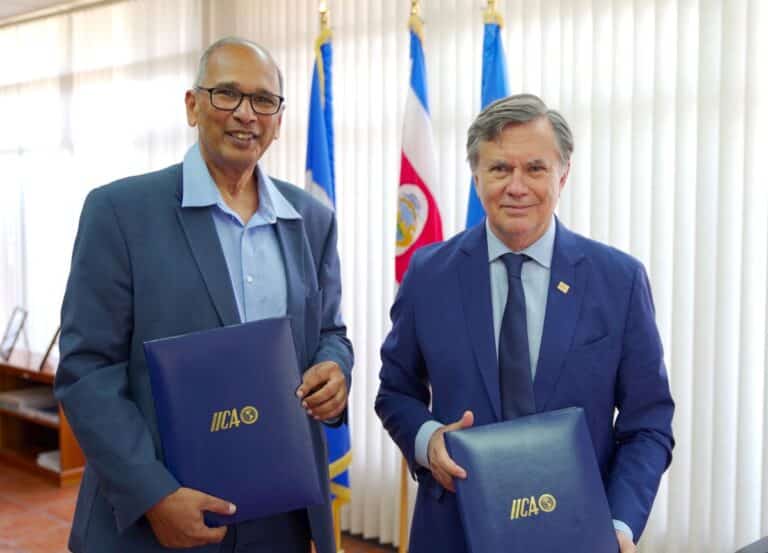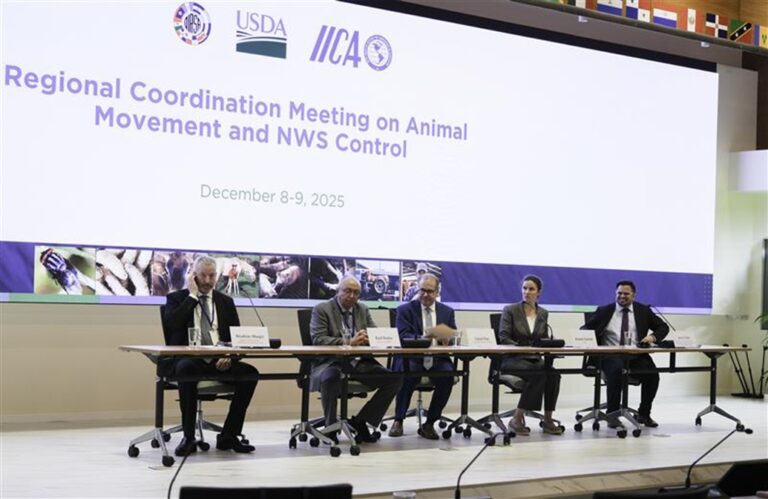The Institute delivered the strategy to the country’s National Technical Commission on Biosafety, made up of the ministries of agriculture, environment, and science and technology, and representatives of other sectors.

San Jose, Costa Rica, December 11, 2012 (IICA).The Costa Rican authorities asked the Inter-American Institute for Cooperation on Agriculture (IICA) to devise a Communication and Education Strategy for Biotechnology for the country. Developed under an agreement related to the preparation a component of the project to implement the national biosafety framework, the strategy has now been delivered to the national authorities.
The strategy was made available to the National Technical Commission on Biosafety (CTNBio), the project’s executing agency. The commission, which is responsible for regulation of the living modified organisms used in agriculture in Costa Rica, is comprised of representatives of the ministries of agriculture and livestock (MAG), environment, energy and telecommunications (MINAET), and science and technology (MICIT), the National Seed Office, the National Academy of Sciences, and civil society.
The “Implementation of a National Biosafety Framework for Costa Rica” project is being financed by UNEP-GEF.
According to Pedro Rocha, coordinator of IICA’s biotechnology and biosafety area, the strategy consists of integrating biotechnology into environmental education courses for primary and secondary school students, and raising awareness of the current uses of such technology among other segments of society, such as families and the community.
Víctor M. Villalobos, Director General of IICA, took part in the official presentation ceremony and pointed out that the use of biotechnology in agriculture was one of the major ongoing scientific revolutions, along with the utilization of the latest biotechnology techniques in the food and human and plant health industries, and the growth of information and communication technologies.
“IICA provides its member countries with science-based knowledge for decision making, while governments have a responsibility to inform their citizens about the risks and benefits involved in the use of these new tools,” he added.
Alex May, chair of CTNBio, views the strategy as the first step in a process designed to educate the population about this type of technology. “The use of biotechnology will grow exponentially in coming years,” he emphasized.
“Costa Rica has everything it needs to develop an exemplary biosafety framework, since it does good research, and has a strong academic sector and institutional framework, a suitable legal context and a great willingness to innovate,” Pedro Rocha remarked.
For more information, contact:
pedro.rocha@iica.int











